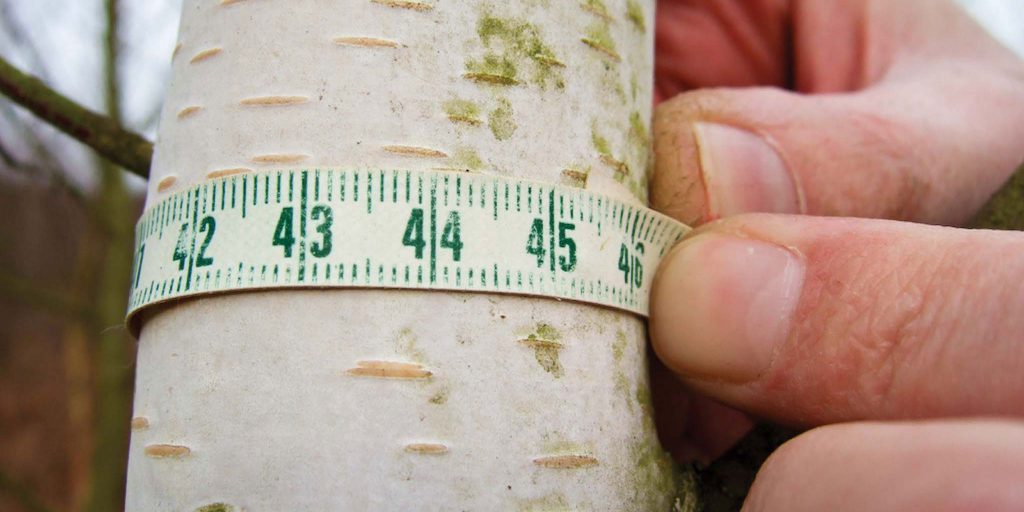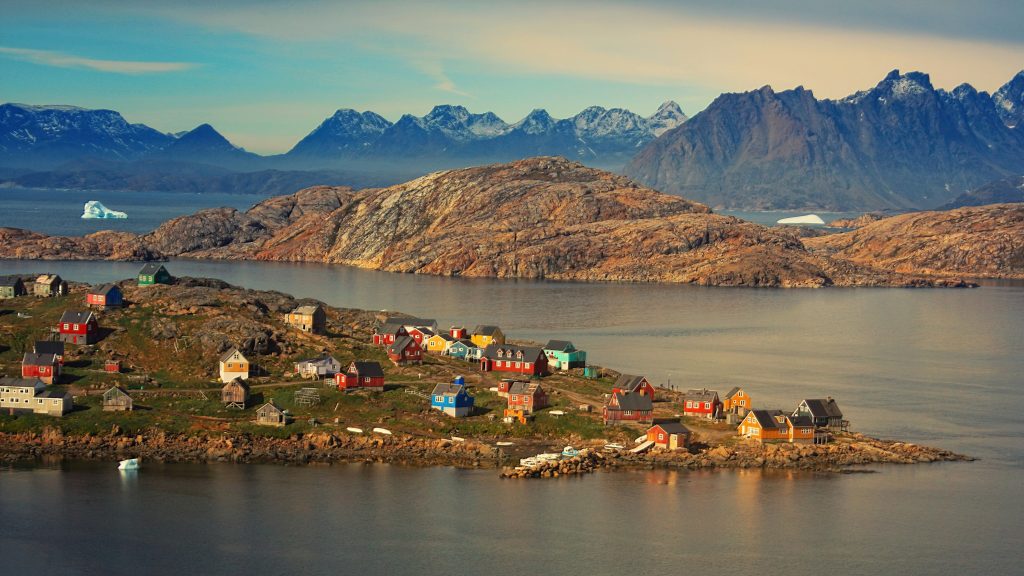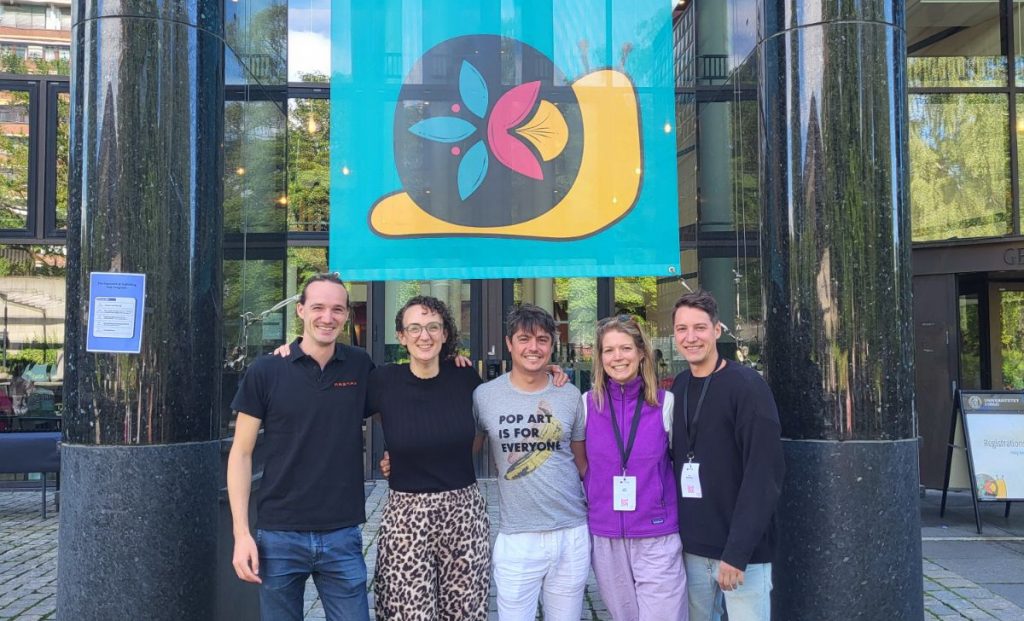MEPs today sent a strong signal to the European Commission to back truly ambitious rules to reduce resource use, amid concerns that the Commission is planning on watering down its flagship piece of resource use and waste legislation.
The Commission controversially withdrew its proposed package of legislation to tackle resource use and waste – known as the ‘circular economy package’ in late 2014. The package proposed laws and measures in a number of resource-related areas including materials, food, buildings and waste disposal. However, it lacked concrete measures in many areas, and failed to take into account all the resources Europe consumes – something MEPs today voted to back. [1]
MEPs in the Environment Committee also voted to support measures that would reduce Europe’s incineration, increase reuse and repair, set 70% recycling targets for municipal waste and cut EU resource use in absolute terms.
With European Commission Vice-President Frans Timmermans promising a “more ambitious” circular economy package by the end of the year, a key test will be whether the re-tabled package includes the progressive measures supported today by MEPs.
Ariadna Rodrigo, resource use campaigner at Friends of the Earth Europe, said: “Today’s vote gives a strong signal to the Commission that the new circular economy package has to be genuinely ambitious. This means not taking the easy route and simply improving our management of waste close to home – we need concrete proposals to tackle the hard task of reducing our overall resource use.”
The Environment Committee joins a growing body of stakeholders pushing for measures to reduce Europe’s resource consumption, including business leaders, the European Resource Efficiency Platform, and NGOs.
The Commission’s focus for the revised package is expected to be on waste, which ignores the massive levels of natural resource consumption in Europe. High consumption levels in the EU have disastrous consequences for communities and the natural world outside the continent, and make the European economy highly vulnerable to resource price fluctuations.
Ariadna Rodrigo continued: “Waste is a problem that’s on our doorsteps – we can’t ignore it, and so there’s a lot of political will to sort it out. But there’s an equally pressing issue that’s far easier to block out: our overconsumption has massive consequences outside the EU, where most of the resources that produce our products, food and materials come from. These hidden costs range from land-grabs and forest destruction to climate change and land conflicts. It’s unjust and unsustainable, and it’s the responsibility of Europe’s decision-makers to fix it.”
***
Notes
[1] A major flaw in the initial plans was that the proposed measurements and targets for improving resource use focused on the weight of materials Europe uses, rather than also covering the massive amount of land and water it uses around the world.Genuinely accounting for all of Europe’s resource consumption requires measuring the ‘four footprints’ – our land, water, material and carbon footprints.







